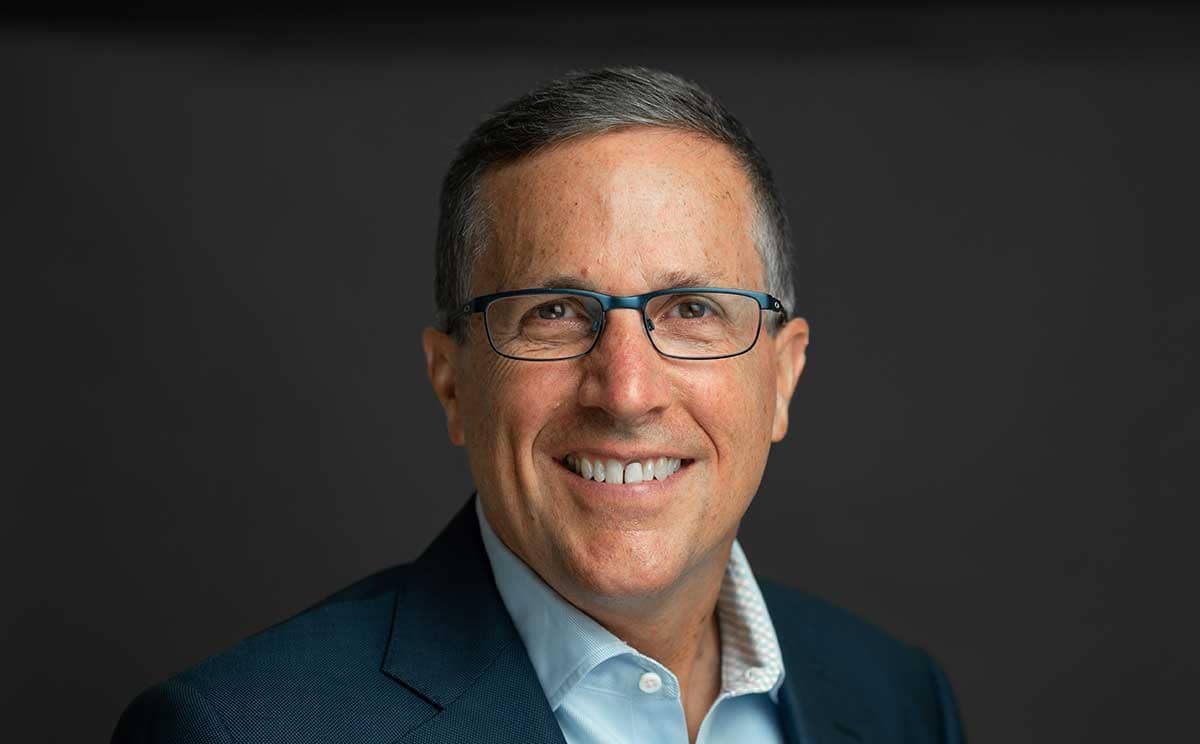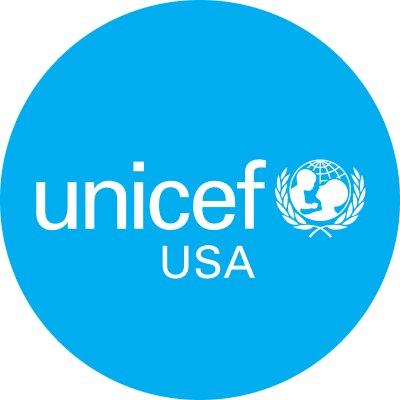A little girl hides behind the leg of her mother, afraid and unsure as her eyes scan the mass of people around them. She and her family have just fled their home in Ethiopia amid a rising tide of violence and disruption. They are now staying at a camp for displaced persons along with thousands of others who, like them, can no longer go back to the home they once knew. There is overcrowding, disease, and little food or water to go around.
It’s a heartbreaking scene, and sadly not an unusual story. This little girl’s struggles are a drop in the bucket when you take in the larger picture. The world is full of hard problems to solve. Hunger, homelessness, disease, natural disasters, education inequality. The list goes on and on and there isn’t a single corner of the world that is immune to all of these challenges. The need is overwhelming, but it can’t be ignored. As humans, we are all accountable to each other. But as humans, we are also limited in our capacity to help on a large scale. It’s not impossible, though, and certain organizations have found a way to have massive impacts, including UNICEF. The question is… how?
UNICEF is a global organization that faces massive challenges head-on every day. On this episode of Business X factors, Michel Nyenhuis, the CEO of UNICEF USA, tells us how.
Main Takeaways:
- Global Influence, Local Implementation: “Think global, act local,” may sound like a bit of a cliché for companies entering new overseas markets, but many businesses are still guilty of having a one-size-fits-all mindset. They focus on large-scale economic, political or technological barriers without taking the local culture or those that have to implement a business model on the ground into account. To make a lasting impact wherever you work, give autonomy to local people who are better acquainted with cultural differences that could influence consumer attitudes and behaviors.
- Partners to Solve Big Problems: While smaller businesses or non-profit organizations can be nimble and flexible and can try things that governments aren’t able to do, to scale, these organizations often need bigger partners. Buy-in from multiple partners can help not only ease the challenge of expansion but also minimize the risk for individual actors.
- Communication Paralysis: A lack of communication is often seen as the root of the problem in many businesses. The reality is that there could be too much communication happening, which causes channels to become oversaturated with business leaders acting as information traffic wardens instead of making decisions. Communications should be treated like data, there is plenty of it, but it needs to be channeled and sifted to add value. Don’t communicate for the sake of communicating, make sure there is value in it and that it does not lead to indecision.
Key Quotes:
“I think this is what makes UNICEF unique in the humanitarian and development global development sector. It’s a global organization. It has boots on the ground in 190 countries. …but what ties us all together is a mission that’s focused on what we talk about — child rights, the rights of children to live healthy, growing, productive, safe lives.”
“The implementation of what we do is incredibly local, and the country offices that deliver the programs to kids and low- and middle-income countries, again, they have a lot of autonomy, but underneath is that idea of child rights and the basic framework of UNICEF programming, and they work very locally with a local health center, with a local school, with a local, non-profit or local NGO, that’s delivering services.”
“We hear a lot about think global, act local — it’s a little bit of a cliché phrase these days. UNICEF effectively for 75 years has done this really, really well, to have a global mindset and a global structure that allows for very local expression of the work.’
“There are local people who know how to make a difference. How do we help them do that? And in UNICEF’s case, a lot of those local people are UNICEF staffers who are in those communities, getting things done.”
“We’re a partnership organization. We don’t do these things by ourselves. We’re in partnership with the government. We’re in partnership with local NGOs that carry out a lot of the work on our behalf. We’re in partnership with the Minister of Education, in the schools, with health centers there. So, it really is a partnership model.”
“UNICEF itself, the global organization, is a United Nations agency, but doesn’t get any money from the UN. It has to go seek the money in donations from governments and from the private sector. And therefore we’re held accountable to deliver results or they don’t give us the money to do the work.”
“We take very seriously the establishment of goals, metrics, indicators of evaluation, monitoring, and evaluation. We have teams of people who are deeply experienced at this. We deliver results all the way up to the top level to the UNICEF executive board that represents the organization globally. So, at every level of the organization, there are metrics that we’re trying to achieve with clear progress indicators along the way. And people are held accountable to them. We want to get stuff done. We’re not just do-gooders.”
“It’s a pretty big bureaucracy. And I don’t say that in a negative way. You need bureaucracy to run a big global thing. And there are lots of channels of communication back and forth built between the program offices and in the countries and the headquarters of UNICEF in New York and Geneva and organizations like ours that are supporting all of that. I would say that there’s so much communication it’s sometimes paralyzing. So, this is one of the parts of it you have to figure out. You have to figure out what you need to carry out your work.”
Bio:
Michael J. Nyenhuis is the President and CEO of UNICEF USA, bringing in over 25 years of global humanitarian and development experience, fundraising acumen and proven results to this role. Before joining UNICEF USA, Nyenhuis was the president and CEO of Americares, a position he held since 2014, Nyenhuis was CEO of the global nonprofit MAP International for 13 years prior. A former journalist with a passion for global health, he previously served on USAID’s Advisory Committee on Voluntary Foreign Aid and chaired the board of the Integral Alliance, a global network of faith-based NGOs. He also currently serves on the board of InterAction, the largest coalition of U.S.-based relief and development organizations working internationally, and the leadership council at Concordia, an organization and forum that promotes cross-sector partnerships for social impact. A Minnesota native, Nyenhuis holds a Masters in Business Administration from Emory University and Bachelor of Arts in Urban Studies and Communications from University of Wisconsin Green Bay.
—
Business X factors is produced by Mission.org and brought to you by Hyland.
For over a decade, Hyland has been named a Leader in the Gartner Magic Quadrant for Content Services Platforms, leading the way to help people get the information they need when and where they need it. More than half of 2019 Fortune 100 companies rely on Hyland to help them create more meaningful connections with the people they serve. When your focus is on the people you serve, Hyland stands behind you. Hyland is your X factor for better performance. Go to Hyland.com/insights to learn more.




